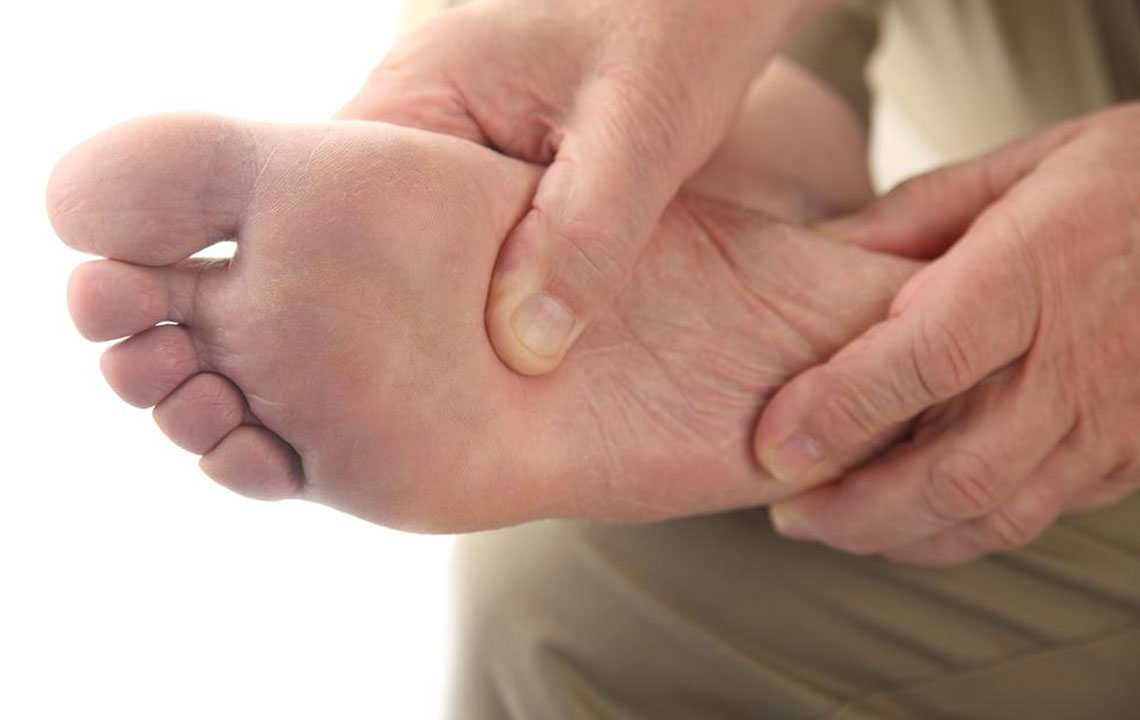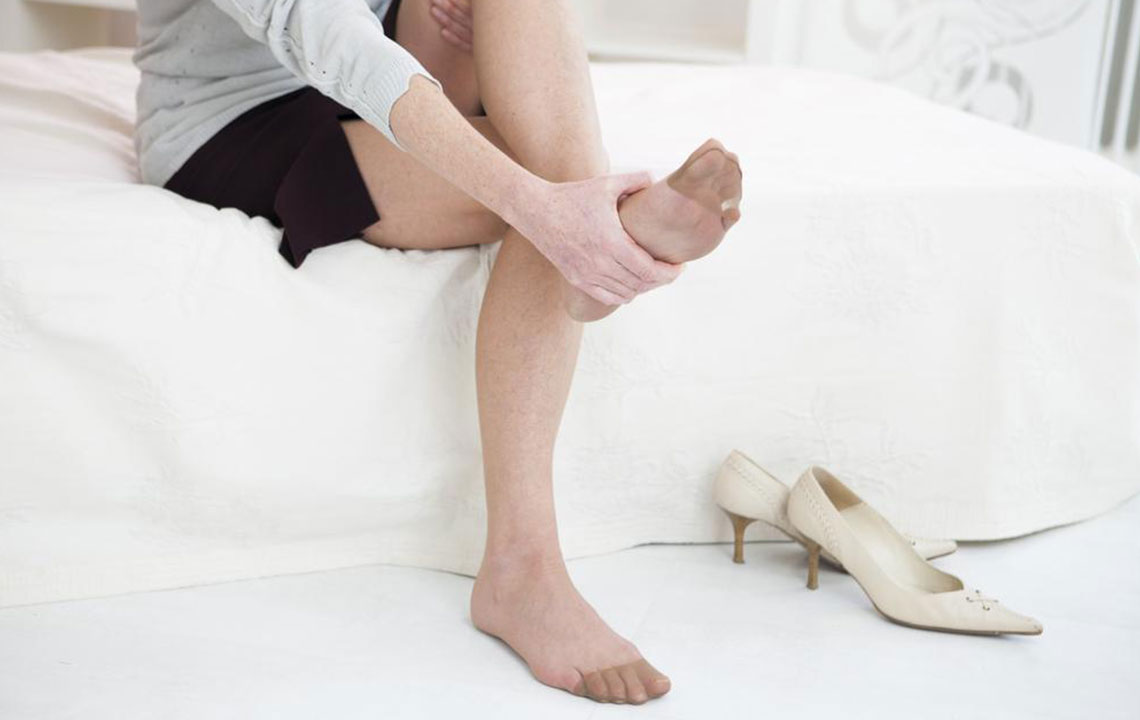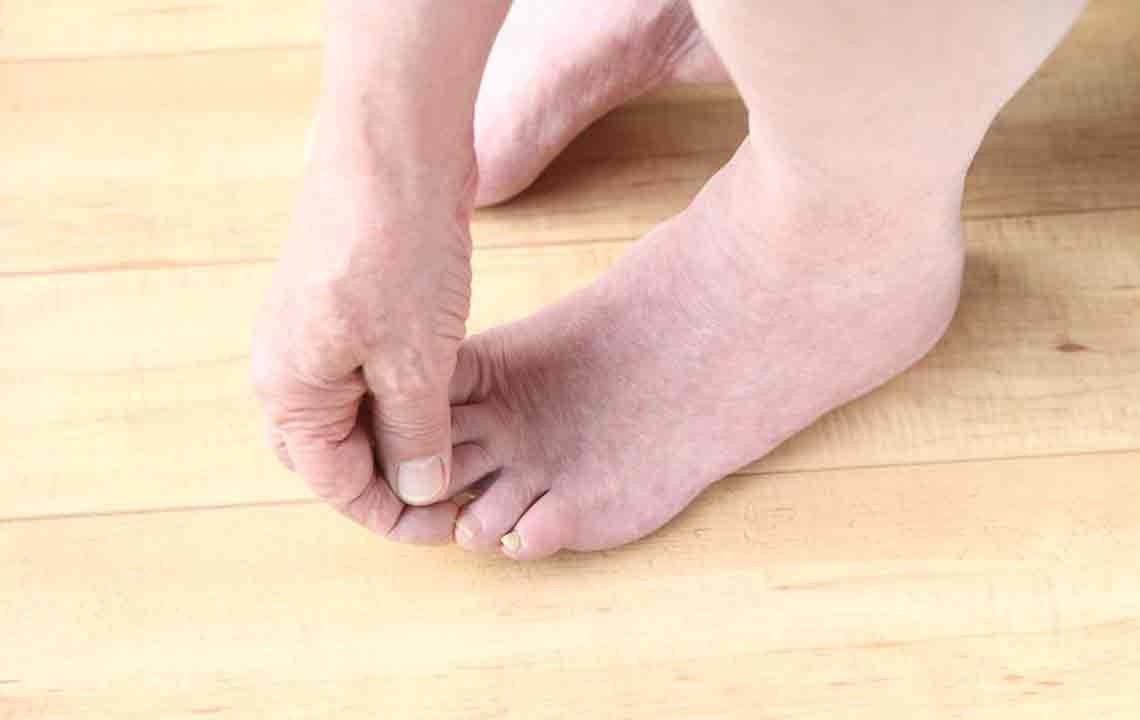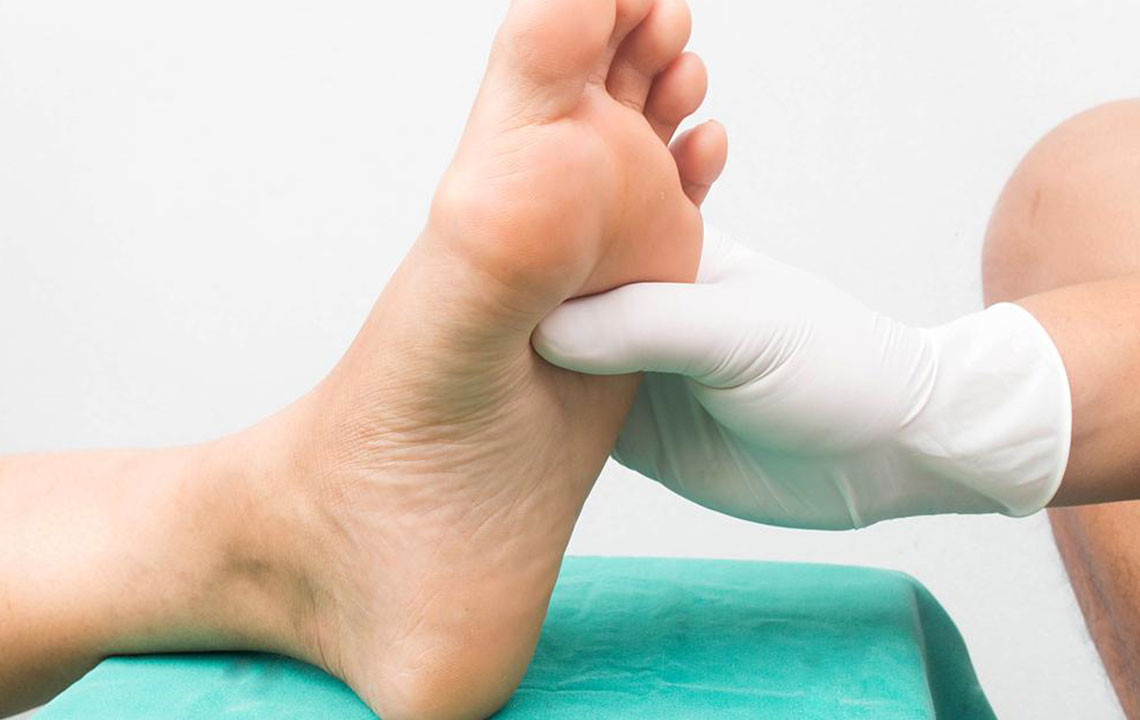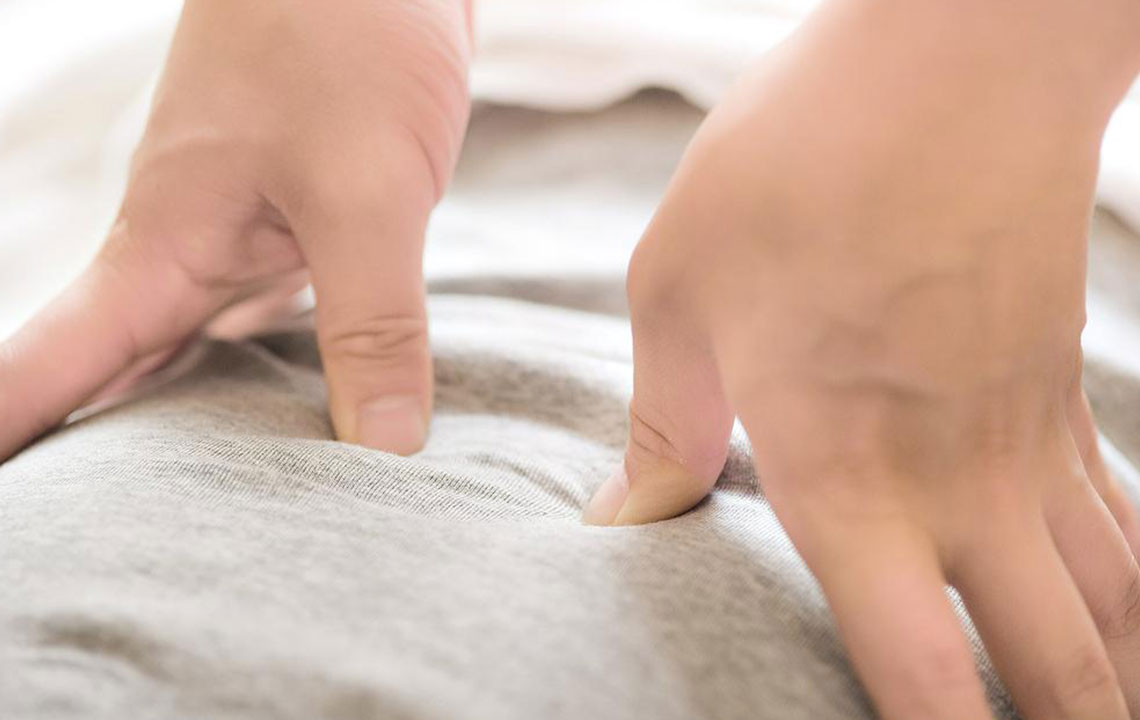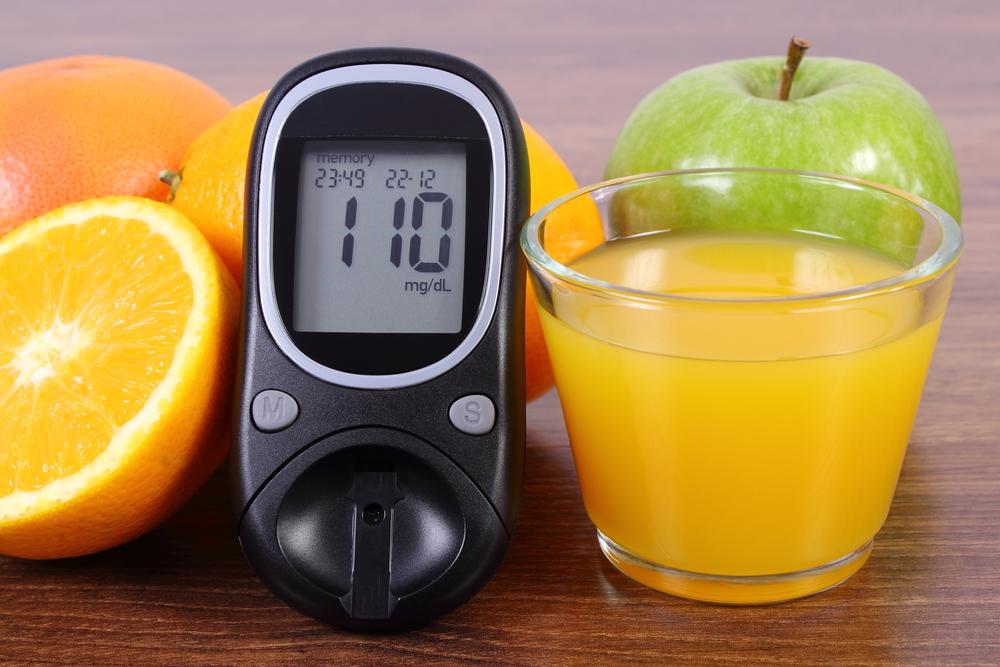Effective Strategies and Self-Care Tips for Managing Diabetic Foot Discomfort
This article offers comprehensive tips for managing diabetic foot discomfort, emphasizing blood sugar control, proper foot care, and medical treatments. It highlights neuropathy types, prevention, and effective treatment options like medications and specialist care, helping diabetics prevent severe foot complications and improve quality of life.

Effective Strategies and Self-Care Tips for Managing Diabetic Foot Discomfort
Effective strategies and self-care tips for diabetic foot discomfort
Living with diabetes increases the risk of developing foot-related issues. These problems can cause long-term health complications if not managed properly. Following your healthcare provider’s advice, maintaining a balanced diet, and engaging in regular exercise are key to controlling blood sugar levels effectively.
Elevated blood sugar can cause diabetic neuropathy, which damages nerves responsible for sensation in your extremities. Prompt foot care and regular checkups are crucial to prevent serious complications and to find suitable treatment options for foot pain associated with diabetes.
Types of Diabetic Neuropathy
Peripheral neuropathy – Commonly affects the feet and legs, but can also impact arms, abdomen, and back in some cases. Symptoms include:
Tingling
Numbness
Burning
Pain
Autonomic neuropathy – Impacts the digestive system, stomach, blood vessels, sex organs, and urinary system. Symptoms include:
Nausea
Vomiting
Feeling full early
Bloating
Diarrhea
Constipation
Heartburn
Proximal neuropathy – Causes pain in hips, thighs, buttocks, and legs.
Focal neuropathy – Sudden onset affecting specific nerves, causing muscle weakness or pain, including:
Severe lower back or leg pain
Chest or abdominal pain
Double vision
Eye discomfort
Facial paralysis on one side
Alternatives for managing diabetic foot pain due to neuropathy:
Monitor and control blood sugar levels diligently to prevent nerve damage and related complications affecting eyes, skin, and nerves.
Adopt a nutritious diet, avoiding processed foods and sugary drinks, and opting for unprocessed options.
Engage in daily physical activity, such as walking or low-impact exercises like cycling or swimming, to improve circulation and insulin response while reducing stress.
Limit toxin exposure, quit smoking, and avoid excessive alcohol consumption.
Manage stress through relaxation techniques, nature walks, and social interactions to prevent additional health issues.
Care for your feet and skin using appropriate medications and moisturizers prescribed by your healthcare provider.
Preventive measures for diabetic foot issues:
Wear comfortable, closed-toe footwear recommended by your doctor to safeguard your feet.
Avoid walking barefoot, even at home.
Wash feet daily with warm water to promote skin health.
Inspect your feet daily for sores, cuts, or abnormalities.
Apply moisturizer to dry skin, avoiding between toes.
Use proper tools for corn removal, and trim toenails regularly to prevent pain and infections.
Treatment options for diabetic foot pain:
Undergo regular physical exams to assess circulation, nerve sensation, and check for infections.
Lab tests such as kidney function, blood chemistry, and enzyme evaluations help identify underlying issues.
X-ray imaging diagnoses bone damage, infections, or foreign objects in soft tissue.
Medical interventions for foot pain relief include:
Antibiotics if infections are detected.
Referral to wound care specialists for severe wounds, which may involve therapies, dressings, surgical procedures, or antibiotics.
Consultation with podiatrists or orthopedic surgeons for foot deformities, nail problems, or fitting shoes, including custom footwear.
Home health support for wound dressing, medication administration, and blood sugar monitoring.

